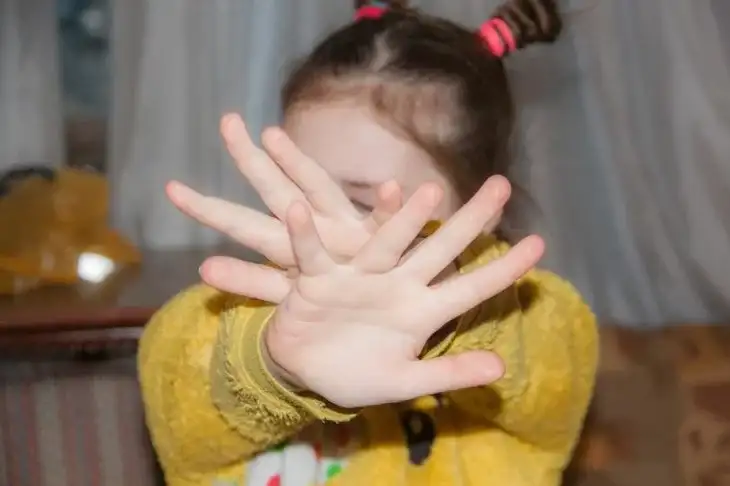Praising a child is certainly necessary in order to motivate and support him.
But sometimes it happens that parents think that they are praising their child, but in fact their words harm the child, lower his self-esteem and breed psychological complexes.
So, don't try to deceive your child with false praise.
Even if you say the words with a smile and seem incredibly sincere to yourself, the child reads the lie, and is left with nothing but an unpleasant aftertaste.
Don't flatter your children: this "sin" is common among many mothers and fathers who exaggerate or even invent their children's achievements.

You shouldn't do this, especially if your children themselves witness your lies. Lies and false facts from your lips set a bad example for them.
Try not to use the praise “but” when communicating with your child.
Don't understand what I'm talking about? Perhaps the following example will clarify the situation: "You're not very smart, but you're very strong", "You draw badly, but you sing well", etc.
Children hear only the first part of these phrases, and ultimately pay attention exclusively to their own shortcomings. Needless to say, this is not praise at all, but a real devaluation, after which the psychological barrier "but" remains with the child for many years.
Likewise, one should not use praise with reproach, which contains both approval and censure.
Do you remember if you ever said something like this to your little one: “You really tried hard today, unlike last time”?
This phrase has nothing to do with raising self-esteem - it is offensive because it contains criticism.
Well, the last mistake, which, unfortunately, occurs much more often than we would like, is the lack of praise. Because of kind words, the child will not become arrogant and will not stop listening to you, but on the contrary, will grow up self-confident.








